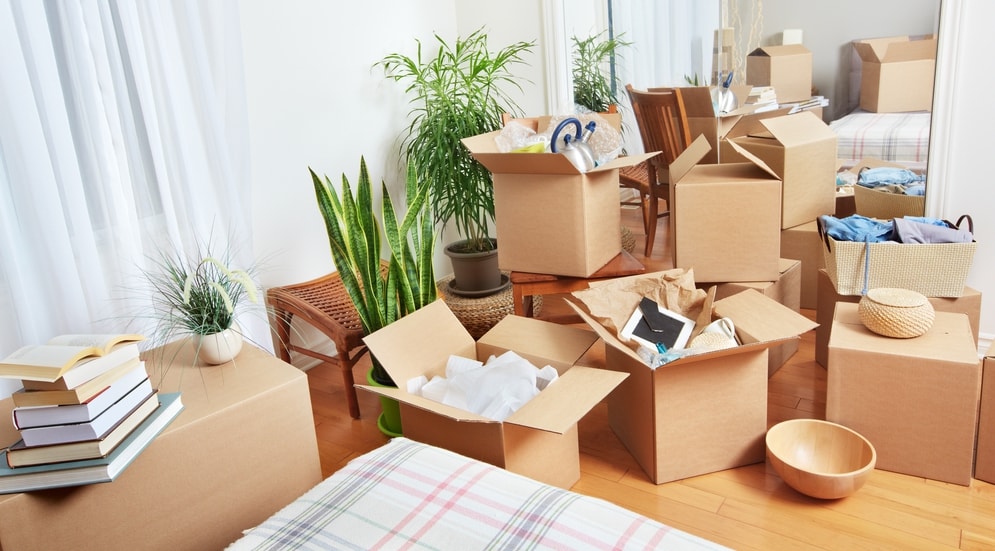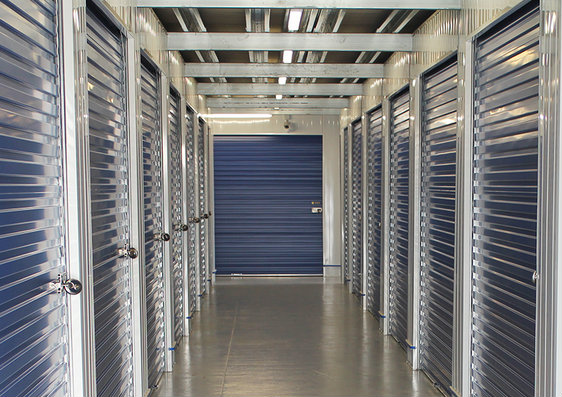Self-Storage: What is It and How Does It Work?
Personal or business belongings can be stored in a self-storage facility. Storage space (also known as a storage unit) is typically rented on a month-to-month basis.
Customers have much more control over their belongings in self-storage than in full-service storage, where they have limited access and rely on the storage provider to store and manage them. You must pack and arrange the storage unit. When to access it. How long do you want to keep your belongings there.
Self Storage: A Step-by-Step Guide
If you’re like most people, you have belongings that you don’t need all the time. You might have seasonal decorations, a bike you only use in the summer, or even extra clothes you don’t wear often. Rather than letting this stuff take up space in your home, consider using a self-storage unit! Self-storage can be great for short-term or long-term storage needs. Here’s what you need to know to make the most of self-storage:
1. Find the right size storage space for your needs.
Make sure to choose a unit that is big enough to fit all your belongings but not too big or too small. You don’t want to pay for more space than you need and don’t want your belongings to be cramped.
2. Consider the security at the self-storage facility.
When entrusting your belongings to a self-storage facility, you want to ensure they are well-protected. Find security measures, such as CCTV cameras, gates, and on-site security guards.
3.Make sure you are aware of the access hours in the self-storage space.
Some facilities have limited access hours, so you’ll need to ensure you can get to your belongings when needed. If you have a lot of things that you need to store, it might be worth paying for a unit with 24-hour access.
4. Know what you can and can’t store inside the storage facility.
Most self-storage facilities have rules about what can and cannot be stored. Check with the facility before you keep anything that might be prohibited, such as flammable materials or food items.
5.Be prepared to pay for your storage units.
Self-storage units typically need to be paid for in advance, so make sure you have the funds available when you’re ready to sign a contract. Prices of self-storage units will vary depending on the size and location of the unit, so shop around for the best deal.
6. Packing supplies should be on hand.
To make the packing and moving of items into and out of self-storage easier, keep a few essentials on hand, such as a variety of box sizes, bubble wrap, tape, screwdrivers, dust sheets, hammers, and so on. There are many advantages to having all of the necessary materials on hand at all times as you prepare for the self-storage business.
7. Label everything that you store inside a self-storage unit.
Labelling all your boxes will make it much easier to find what you’re looking for when you need it. Use a system that makes sense to you, such as labelling by category or the room in which the items will be used.
8. Arrange your self-storage unit logically.
You should position the items you access the most frequently close to the front of the unit, and you should stack the remaining items in a simple way to navigate.
9. Keep an inventory of your stored belongings.
Keeping a list of everything you have stored in your unit can be helpful. This will come in handy if you ever need to file an insurance claim or want to keep track of what you have. This will also help with self-storage security and insurance.
10. Make sure your belongings are insured.
Your self-storage facility might offer insurance, but it is always a good idea to check with your insurance company to see if your belongings are covered while they are in storage.
11. Maximize the amount of space you have for storing things.
Take advantage of the space you’ve purchased. By placing the heavier items at the bottom of the stack, you can safely ascend to the ceiling. Make sure you leave a path for yourself so that you don’t end up being “boxed in” by the space. You can take pictures so you can have a better idea of how much space you have, aside from just knowing the unit size. This is one of the most effective storage tips from self-storage experts.
12. Make sure it’s ventilated and dry.
The storage unit’s internal conditions will influence your belongings’ condition. The quality and longevity of your property will be preserved if you keep it in an open, dry environment. Avoid using airtight or plastic fabrics and containers, which restrict airflow and may attract mould and mildew. Always leave a space between the wall and your boxes for your peace of mind.
13. Before storing, empty the tank of fuel.
To avoid the formation of condensation, all fuel-containing items, such as lawn and garden equipment and gas-powered machinery, should be emptied or filled to the brim.
14. Don’t put too much or too little weight on storage bins.
Too many items packed into a box can make it difficult to lift and more likely to damage the tubes beneath it or the contents within them. Bulging sides are a sure sign of an overstuffed box. An additional problem with underfilling is that virtually empty boxes can move around and be crushed during transport. As a result, we advise you to seek a “Goldilocks” middle ground.
15. Protect your valuables with a little extra care.
Make an ‘X’ with masking tape on all mirrors, and pack fragile items vertically in boxes. Read this article for more information on how to store various items safely.
16. Furniture should be taken apart before being stored.
If the furniture can be dismantled or flat packed, do so. It can be challenging to arrange other items around a large table, so it’s best to disassemble it whenever possible.
Self-storage can be an excellent solution for your storage needs, but it’s essential to do your research before you choose a facility. By following these tips, you can ensure that your belongings are safe and secure and that you’re getting the best possible value for your money.
When it comes to your storage unit, what is allowed and what is not allowed?
Excluding a few items, Extra Space Storage lets you store almost anything in our storage facilities. This rule has a few exceptions, such as dangerous or illegal activities. Before renting a storage unit, check with the facility manager to see if there are any prohibited items.
Allowed
Furniture, appliances, electronics, clothing, business inventory, and sporting equipment are just a few examples of what you CAN store.
Not Allowed
Food, drugs, non-operational vehicles, and anything flammable or combustible are prohibited from storage (i.e., gas, propane tanks, car batteries).
Conclusion
Now that you know about self-storage, it’s time to start! Start by evaluating your needs and finding a facility that meets those needs. Once you’ve found the perfect storage unit, be sure to pack it properly to ensure that your belongings are protected. Finally, don’t forget to stay organized while using self-storage so that you can easily access your belongings when you need them. Thanks for reading, and good luck!


